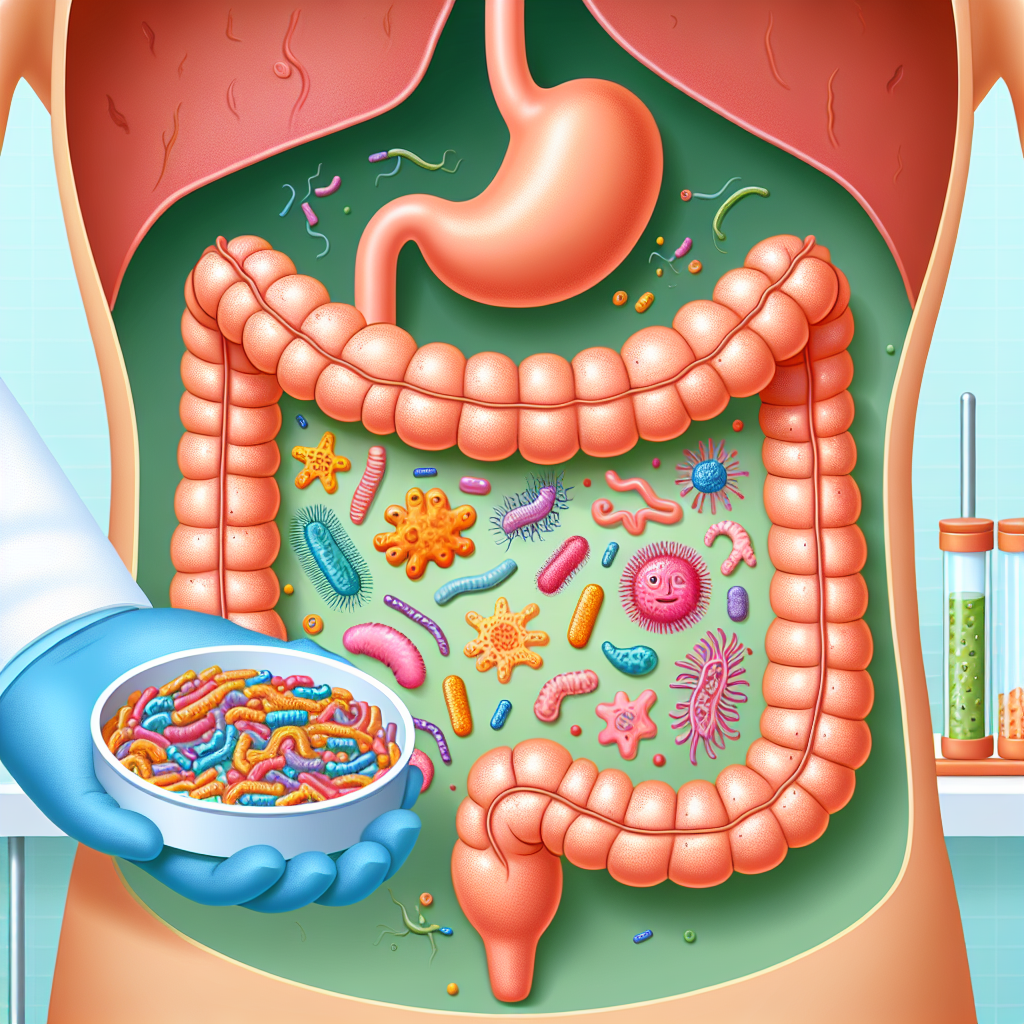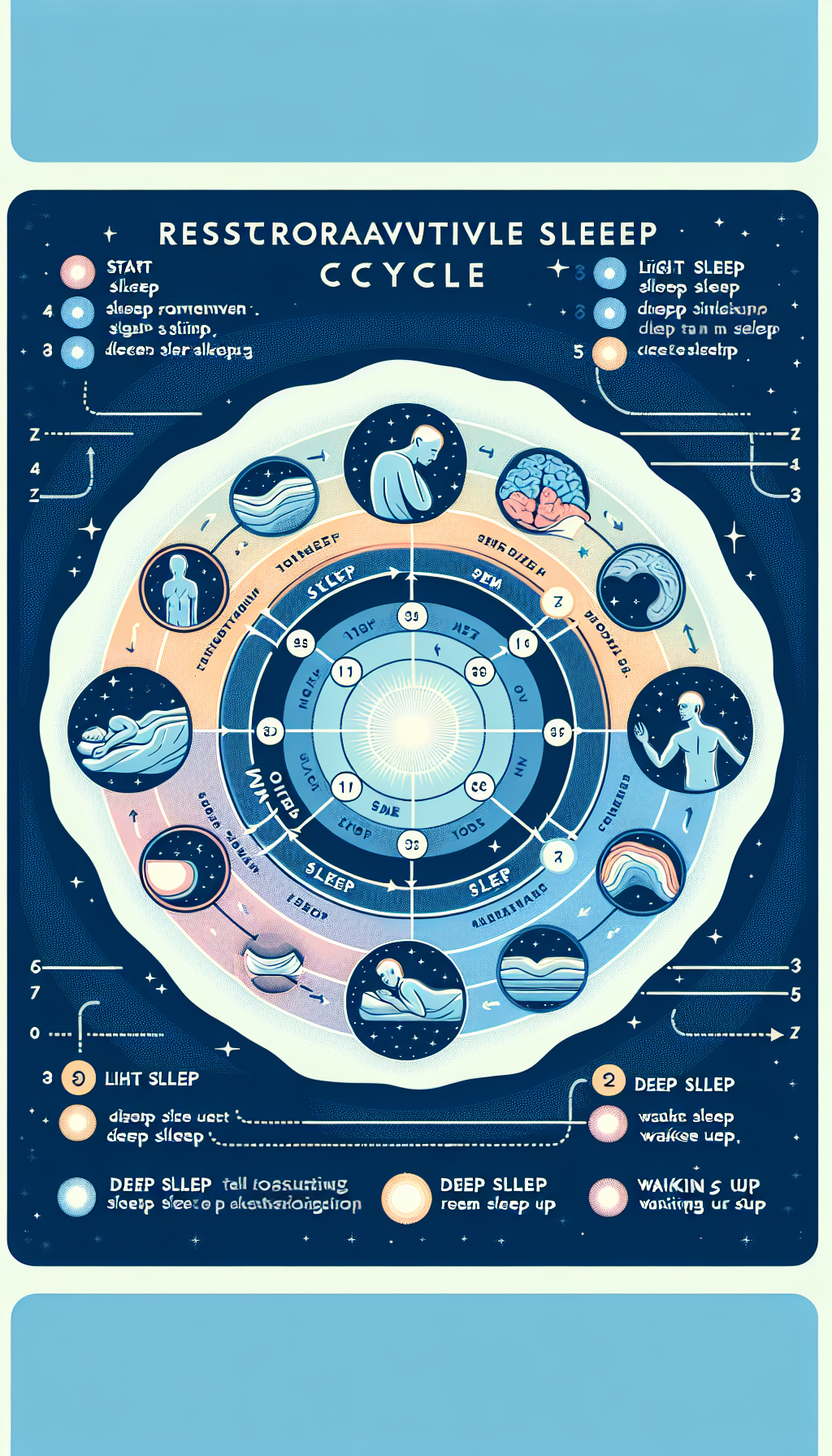Sleep is a fundamental component of our daily routine, often associated with rest and rejuvenation. However, its significance extends beyond mere relaxation. Sleep plays a crucial role in the maintenance and repair of various bodily systems, including the digestive system. This intricate relationship between sleep and digestion is paramount for overall health and wellbeing.
The Digestive System and Sleep: An Overview
The digestive system is a complex network that involves the breakdown of food, absorption of nutrients, and elimination of waste. It includes several organs, each with a specific function, working in harmony to ensure that our bodies get the necessary nutrients to function properly. When we sleep, our body shifts its focus from the activities of waking life to repairing and restoring itself, including the digestive system.
Sleep and Gut Health
Adequate sleep is essential for maintaining gut health. During sleep, the body can concentrate on repairing the gut lining, which is crucial for preventing permeability and issues like leaky gut syndrome. Moreover, sleep influences the balance of gut microbiota, the community of microorganisms living in the digestive tract. Disruptions in sleep patterns can lead to imbalances in these microbiota, which can have far-reaching effects on overall health.
Hormonal Balance and Digestive Enzymes
Sleep regulates the release of various hormones that are directly or indirectly involved in digestion. For instance, ghrelin and leptin, hormones that control appetite and satiety, are influenced by sleep patterns. Cortisol, a stress hormone, can also impact digestive health and is regulated by sleep. Additionally, the production and activity of digestive enzymes are modulated during sleep, ensuring efficient digestion and nutrient absorption.
The Repair Process During Sleep
During the deeper stages of sleep, the body enters a state of heightened anabolic activity, which promotes repair and growth. This includes the synthesis of proteins that repair damaged tissues in the digestive tract, from the esophagus to the intestines. Furthermore, sleep supports the immune system, which plays a role in managing inflammation in the digestive system, thus fostering a conducive environment for repair.
Link Between Sleep Disorders and Digestive Diseases
Research has shown a correlation between sleep disorders and a variety of digestive diseases, such as gastroesophageal reflux disease (GERD), irritable bowel syndrome (IBS), and inflammatory bowel disease (IBD). Disrupted sleep can exacerbate the symptoms of these conditions and impede the body’s natural repair processes.
For a deeper understanding of the digestive system’s needs, it is beneficial to explore Digestive Health, which delves into the complexities of maintaining a healthy digestive system.
Practical Tips for Enhancing Sleep for Digestive Repair
Improving sleep quality can significantly impact digestive health. Here are several practical tips to enhance sleep for digestive repair:
- Establish a Regular Sleep Schedule: Going to bed and waking up at the same time every day helps regulate the body’s internal clock, which can improve sleep quality.
- Create a Restful Environment: Ensure your bedroom is dark, quiet, and cool to promote uninterrupted sleep.
- Limit Evening Meals: Eating large meals close to bedtime can lead to discomfort and disrupt sleep. Aim for lighter meals in the evening.
- Reduce Caffeine and Alcohol Intake: Both substances can interfere with sleep patterns and should be consumed in moderation, especially in the hours leading up to bedtime.
- Practice Relaxation Techniques: Activities like mindfulness meditation can help calm the mind and improve sleep quality. The benefits of mindfulness meditation for digestive health are well-documented, as seen in the article The Benefits of Mindfulness Meditation for Digestive Health.
Incorporating Diet and Lifestyle Changes
In addition to sleep, diet and lifestyle play crucial roles in digestive system repair. Consuming a balanced diet rich in fiber, probiotics, and anti-inflammatory foods can support gut health. Regular physical activity is also beneficial, as it can help regulate bowel movements and reduce stress.
For insights into managing digestive health through diet, consider reading Dietary Strategies to Manage Hyperacidity and Nutritional Strategies for Managing Gastritis.
External Resources for Further Reading
To further understand the importance of sleep in digestive health, several niche resources can be explored:
- Gut Microbiota for Health: An expert resource on gut microbiota research that provides insights into how sleep affects gut microbiota balance.
- Sleep Foundation: Offers detailed information about the relationship between sleep and various health conditions, including digestive disorders.
- National Sleep Foundation: Provides guidelines for healthy sleep and its effects on overall health, which includes digestive system repair.
Conclusion
Sleep is a powerful, yet often underestimated, ally in the maintenance and repair of our digestive system. It is during sleep that our bodies can focus on healing and rejuvenating the complex network that is our digestive tract. By prioritizing quality sleep, making mindful dietary choices, and incorporating healthy lifestyle habits, we can support our digestive health and enhance our overall wellbeing.
In summary, the intricate dance between sleep and digestive health is one that requires attention and care. By understanding the role sleep plays in the repair of the digestive system, we can take proactive steps to ensure that our gut health is not left to chance. Whether it’s through adjusting our sleep patterns or making informed dietary decisions, the path to a healthier digestive system is multifaceted and deeply connected to our slumber.



